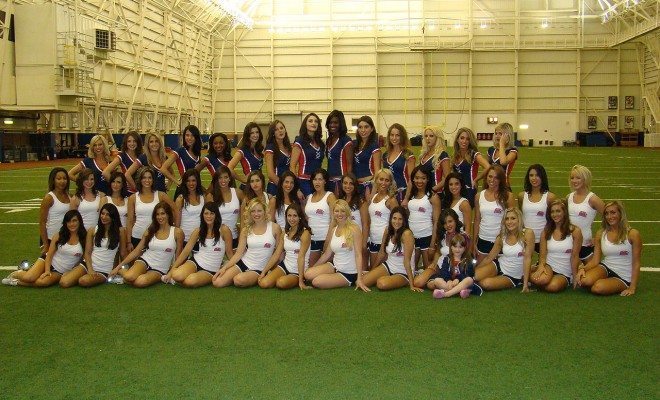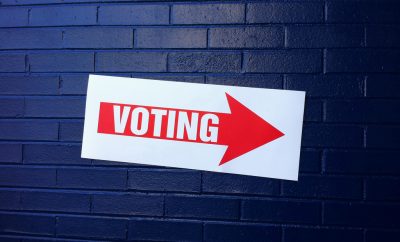
Sports
Rethinking Discrimination Suits in Light of Buffalo Jills, Donald Sterling
It’s no secret that many Americans feel there are too many lawsuits in this country. If you’ve ever been selected for jury duty, then you know that one of the most common questions asked before sitting on a civil case is whether or not people sue too often. The answer back to the attorney is often “yes,” not just because the panelist is seeking to avoid jury service, but because that’s the view espoused by many when reflecting on the American zeitgeist.
This sentiment is caused, or at least reinforced, by the media’s reporting of lawsuits. The headlines that make the largest waves are often based on huge, seven-digit verdicts. Laura Beth Nielsen and Aaron Beim alluded to this correlation in a recent paper claiming the courts are not as favorable to plaintiffs as the media often portrays, yet the media’s reports are what the public absorbs. Neilsen and Beim’s chief example is a Boston Globe report of an MBTA worker who was awarded a $5.5 million discrimination verdict. The verdict was later reduced by 80 percent on remittitur, an important detail the Globe did not feature as prominently as the original verdict. It seems that cases alleging discrimination in the workplace carry a stigma with the public and media.
Just as the figures of a verdict can be lost on the average American, so too can the merits of the underlying discrimination case. In 2009, former Los Angeles Clippers executive Elgin Baylor sued team owner Donald Sterling alleging racial discrimination. A jury of 12 unanimously rejected Baylor’s suit, and many called the hall of famer’s action frivolous.
Cases alleging tales of sexual discrimination are no different. This year alone, cheerleaders from three different NFL teams have sued their employers, often alleging sexual harassment among a variety of different wage claims. Knee-jerk reactions to such suits are often negative, as evidenced in the comments section of ESPN articles covering the matter.
A closer look at both situations may evoke a more tolerant response. Since his lawsuit, Elgin Baylor’s former employer has allegedly been caught on tape making racist comments against African Americans, and some former Clippers aren’t surprised by his discriminatory tendencies. Details have also emerged in the cheerleading case of the Buffalo Jills, whose employer allegedly instructed them on how to control their menstrual cycles and how to wash their “intimate areas.”
In sum, it’s never a bad idea to reserve judgment on a lawsuit that appears in the news or on TV, even one alleging discrimination. In fact, suits alleging workplace discrimination often already have safeguards in place against frivolous litigation, like the EEOC’s Right-To-Sue-Letter. But even absent an EEOC investigation, plaintiffs should be afforded a blank slate. Few things in this country are as ubiquitously opposed as prejudice and discrimination. Those who decide to sacrifice time, money, and privacy to personally combat these evils in a public court should be heard with an open mind.
____
Andrew Blancato (@BigDogBlancato) holds a J.D. from New York Law School, and is a graduate of the University of Massachusetts, Amherst. When he’s not writing, he is either clerking at a trial court in Connecticut, or obsessing over Boston sports.
Featured image courtesy of [BuffaloProCheer via Wikipedia]








Comments